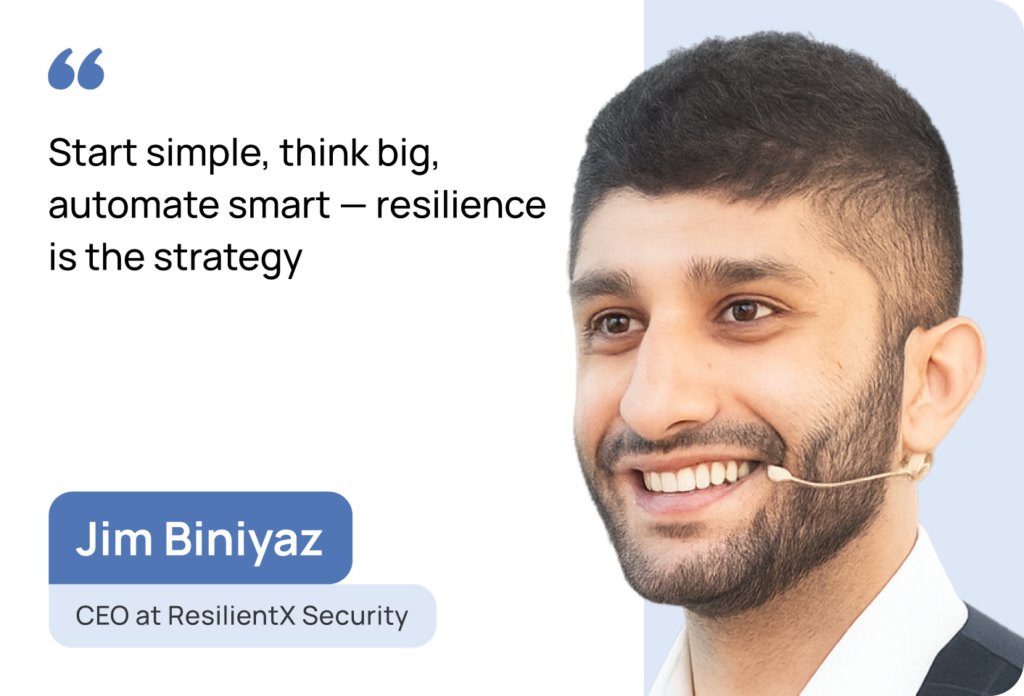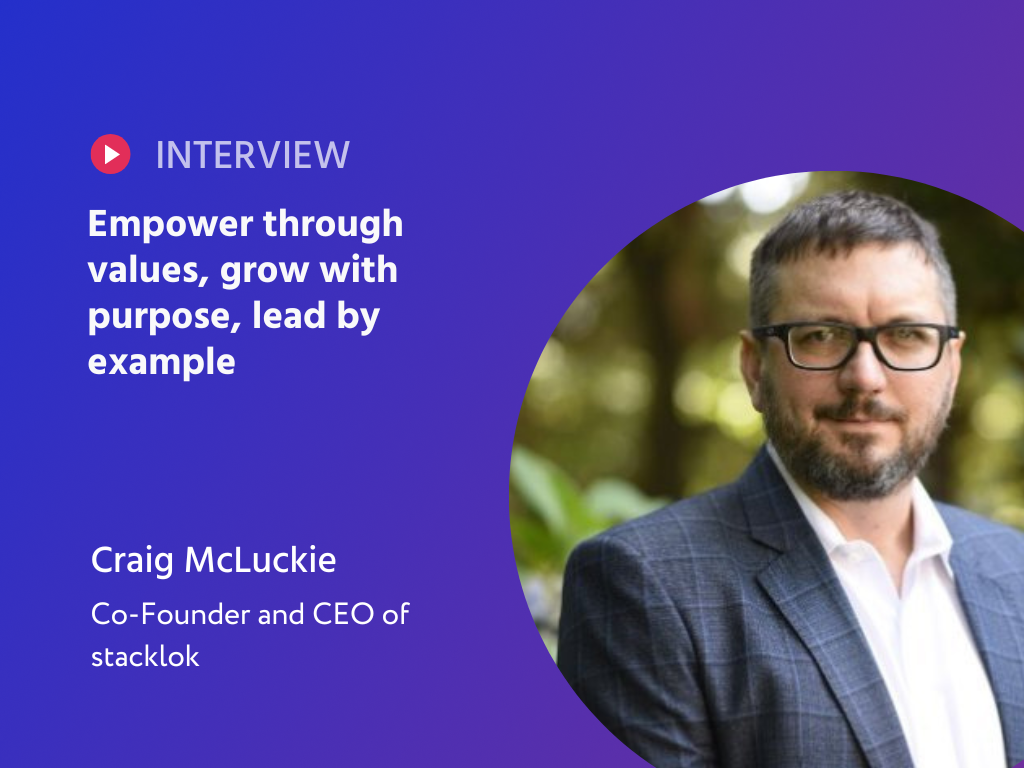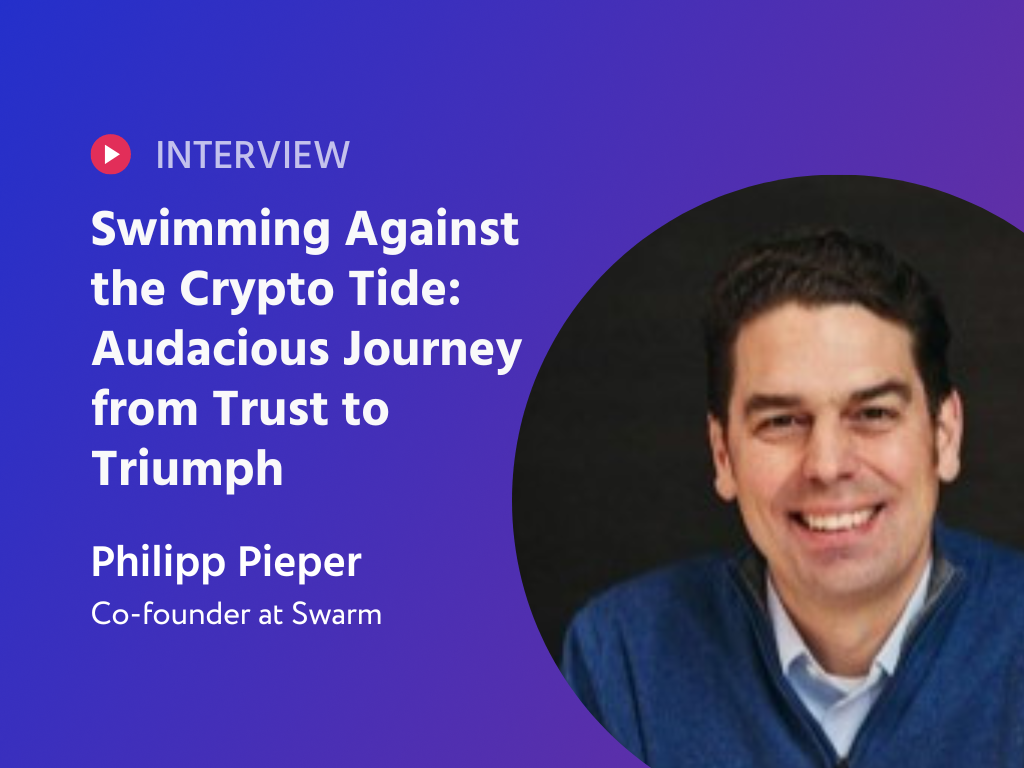In this episode of Bright Founders Talk by Temy, we sit down with Anthony Collias, the Co-Founder and Chief Commercial Officer at Stasher, the world’s first luggage storage network. From growing up across multiple countries to studying at Oxford, Anthony’s international background has played a pivotal role in shaping his entrepreneurial journey.
What began as a university hallway friendship evolved into a partnership that would disrupt the travel-tech industry. Anthony shares how a simple request to store a bag sparked the idea for Stasher—a solution now trusted by travelers around the globe. In our conversation, he reflects on the trade-offs between corporate security and startup freedom, and why he walked away from investment banking in search of meaningful work.
With refreshing honesty, he discusses the personal values that guide his business decisions, from flexibility to impact. His story is one of intuition, grit, and the courage to do things differently. Join us as we dive into the journey of building Stasher and the mindset behind sustainable startup growth.
From PowerPoints to Purpose: How Anthony Collias Ditched Banking to Build Stasher
Anthony Collias didn’t set out to be an entrepreneur—he just knew what not to do. After landing an internship in investment banking, which many would kill for, he quickly realized the glossy title came with a hefty price: long hours spent nudging PowerPoints and zero fulfillment. “I didn’t get into Oxford to nudge around PowerPoints,” he jokes, and you can tell it’s only half a joke. While most grads were chasing City jobs and fast tracks to finance, Anthony found himself questioning the entire game. What if success wasn’t about the paycheck, but about owning your time and building something that actually mattered?
I didn’t get into Oxford to nudge around PowerPoints
The early spark came from a shared hallway at Oxford, where he met Jake, his future co-founder. They clicked over economics classes and an itch to create. Fast forward a few years, and a very relatable problem—finding a place to stash a bag in central London—planted the seed for what would become Stasher. “Let’s just build a website for this,” they figured, almost casually. With no grand startup blueprint, just curiosity and a need to solve a real-world issue, the idea took off. Sometimes innovation doesn’t come from boardrooms or strategy decks—it comes from living in the mess of real life.
Digging a little deeper, it’s clear Anthony’s instinct to carve his own path didn’t come from nowhere. His father had helped lead a management buyout, his mother worked as a tour guide on her own terms, and that quiet entrepreneurial pulse was always present. But more than legacy, it was personal values that steered him. Freedom, flexibility, purpose—these weren’t perks, they were non-negotiables. Whether it’s hitting the gym in the morning or building a company that makes a dent in the world, Anthony chose a life he could stand behind. And in doing so, he’s helping others travel lighter—literally and metaphorically.
No Made-Up Rules: How Flexibility and Airbnb Hacks Led to Stasher
Work-life balance, but make it real. That’s how Anthony Collias lives and leads. He’s not talking about sipping margaritas on a beach while checking Slack once a week—he means ditching made-up rules about when, where, and how work should happen. “If I’m working hard all day, does it really matter if I hit the gym at 10 instead of 6?” he asks. At Stasher, he’s built a company that runs on this exact principle: focus on output, not outdated office rituals. Whether he's working from London, Greece, or somewhere warmer, Anthony swears by flexibility—not as a perk, but as a mindset. And honestly? It's working.
If I’m working hard all day, does it really matter if I hit the gym at 10 instead of 6
But don’t get it twisted—Stasher wasn’t born from some grand, romantic vision of transforming travel. It was more like, “Let’s make this idea work so we can get into the entrepreneurship program.” At the time, Anthony and his brother were listing their spare room on Airbnb and sleeping in the living room to split the earnings. It was gritty, it was resourceful, and it sparked a lightbulb moment. “Airbnb had no inventory, but could sell all the inventory in the world,” he realized. For two broke students with zero capital and a big appetite for building, that was the golden model. They didn’t know yet what Stasher would become—but the wheels were turning.
The magic happened through pure user behavior. Living near two of the busiest train stations in London, Anthony noticed guests booking his place just to drop off luggage. That was the nudge. Soon, it clicked—people didn’t want to store things in someone’s flat; they wanted a convenient, affordable alternative to pricey train station lockers. And just like that, Stasher began morphing into what it is today: a global luggage storage network powered by local businesses. It wasn’t about loving travel. It was about listening, experimenting, and realizing that sometimes, the users write the business plan for you.
Grind, Google, and Gut Punches: The Early Chaos Behind Stasher’s Rise
Anthony may have the calm energy of someone who’s seen it all, but building Stasher was anything but smooth sailing. Without a technical background, he and his co-founder had to hustle through the early product-building stages—no dev experience, no fancy stack, just trial, error, and a whole lot of Googling. “We definitely should’ve learned to code first,” he admits with a laugh. Luckily, his stint in a marketing agency turned out to be a secret weapon. Back when no one was bidding on search ads like “luggage storage King’s Cross,” Anthony saw an opportunity and pounced. It was dirt-cheap, laser-targeted, and still remains one of Stasher’s best-performing channels. While customer acquisition came easy, signing up hosts was a different beast: hours spent walking city streets, knocking on shop doors, and persuading strangers to take a leap on a very early-stage idea.
We definitely should’ve learned to code first
But let’s not sugarcoat it—there were moments when throwing in the towel felt very real. One of the earliest gut punches came in the form of a co-founder breakup. A third partner, originally part of the team during their university accelerator days, just didn’t fit. “It felt more like a group project than a real startup at first,” Anthony explains. Extracting someone from the founding team is always messy—and this one left scars. Then came the stress of being at the mercy of the Google gods. A random algorithm tweak? Boom—traffic tanks. An ancient version of Internet Explorer used by Google’s crawler? Yep, that too almost knocked them offline. And don’t get him started on the times their tracking broke, throwing off performance data and advertising ROI in one fell swoop. It was a series of black box battles just to stay visible online.
And then, of course, came the big one: COVID. For a travel business, it was like being hit by a freight train. “We lost years to the black hole of COVID,” Anthony says. And yet, even with bookings evaporating overnight, he held onto the belief that normality would return. “It’s like running an airline after 9/11—you know people will fly again,” he reflects. That mindset kept the team afloat through furloughs, disappearing markets, and endless cycles of false hope. What looked like a 10-year company on paper felt more like a 5-year-old startup clawing its way out of hibernation. It wasn’t just a test of business—it was a test of belief.
Think Less, Do More: Anthony Collias on Grit, Growth, and Getting Out of Your Own Way
Anthony Collias isn’t your typical polished founder preaching hustle culture and 5 a.m. routines. In fact, when asked what kept him going through Google algorithm meltdowns, a co-founder breakup, and a pandemic that grounded the entire travel industry, his answer is refreshingly raw: “I don’t have anything better to do.” It’s not about ego or obsession—it’s about clarity. For Anthony, building Stasher wasn’t just the best option. It was the only one that ever made sense. Corporate life was a dead end, and doing nothing wasn’t even on the menu. He admits you need a “ridiculously optimistic mindset” to make the founder life work—but also the stubborn belief that no plan B is worth your time.
I don’t have anything better to do
Still, he’s not pretending it was all glory. COVID gutted momentum. Awards and press didn’t protect Stasher from reality. What did? Resilience, flexibility, and a good bit of British grit. And while Anthony jokes about being “tired just thinking about it,” he’s also honest about what made the difference: clarity of purpose and betting on a business model he genuinely believed in. Plus, when you build something that solves a real-world problem—like storing bags when you’re between check-out and your flight—people notice. Millions of them, actually. Stasher’s become the go-to solution for luggage storage around the world, and it started because two students just kept figuring it out, step by messy step.
So what’s his advice for the next wave of bright-eyed founders? Forget perfect planning—just start. “So many people want to get advice or think everything through,” he says, “but you’ll work it out by doing.” Whether it’s pricing, legal docs, or product tweaks, he believes action beats overthinking every time—especially in today’s world of easy access to tools like ChatGPT. And while the podcast (The Morality of Everyday Things) and his tree-planting API side hustle (Treepoints) may be on the back burner these days, the energy’s still there. Just channeled into what matters most: building, learning, and pushing forward, one done-is-better-than-perfect step at a time.




